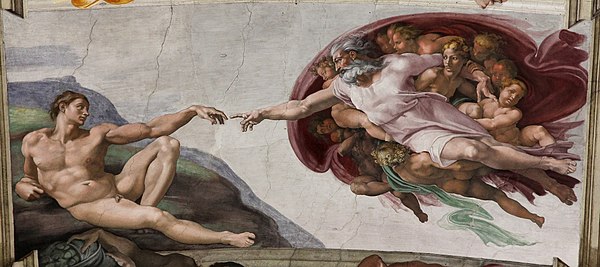I recently moved to a new apartment. The word “recently” is in this case, as it is in all cases, relative -- I have been living in this apartment for four and a half months. However, my fervor for settling into this new home sputtered after the clothes made their way into the closet and the dresser, and so a small colony of boxes took up residence in various corners of my bedroom, to be revisited at a later date.
 Unpacking boxes of miscellany is, of course, a venture far more autumnal than estival. Also there is a towering, shadowy mountain of papers that need to be graded, and everyone knows there is nothing so good as a looming deadline to suddenly catch the spirit to do something utterly unrelated to said deadline. And so this past weekend I found myself in a fit of redirected productivity.
Unpacking boxes of miscellany is, of course, a venture far more autumnal than estival. Also there is a towering, shadowy mountain of papers that need to be graded, and everyone knows there is nothing so good as a looming deadline to suddenly catch the spirit to do something utterly unrelated to said deadline. And so this past weekend I found myself in a fit of redirected productivity.
The box in question had hibernated for the summer beneath my desk, gathering a thin layer of dust which ossified the memories that lay within. When I finally dislodge the box from its resting place and place it upon my desk, a ritual of self-discovery begins. As I pick through the box, I unearth my collection of coozies, a few whiskey glasses, my baseball glove, and a couple of ziplock bags of pipe tobacco, all in the same box as icons, crucifixes, incense, and a statue of the Blessed Mother. This seems a sufficient summation of my personhood: sacred and profane, intermingled together and each pleased with the mixture.
This also seems sufficient to describe the way that Our Lord views creation: a brilliant interplay between the profane and the sacred, between that which is secular and that which is holy, between man and God, human and divine, creature and creator, until the eternal rubs off on the temporal and infuses it with divine life. This, after all, is how God creates: He assembles Adam from crude mud and clay, forming a great clump of hydrogen and oxygen and nitrogen and carbon. Then the Breath of God, the advocate which inspires the Earth, intertwines with the elemental until the two become one.

Creation obviously benefits from being imbued with the Divine Breath; life itself springs forth, and the Love outpoured elevates nature to unimaginable dignity. The Creator, apparently, benefits because He enjoys being with His creation. As if to double down on this reckless delight, the Love that holds the entire universe in being takes a human nature to himself, taking the form of a slave, born in human likeness and being found in human form. The great emptying of the Logos into humanity, a colossal mystery concealing The Colossal Mystery, clearly establishes the message: God likes things to be together, even (and perhaps especially) if it gets a bit messy.
Teilhard de Chardin said, “by virtue of creation, and still more the incarnation, nothing here below is profane for those who know how to see.” I often find it tempting to sort the various items I find in boxes under my desk into rigid categories: virtues here, vices there, and so on. But to haphazardly toss any worldly pleasure into the “vices” bin is an oversimplification; it is my privilege and my responsibility to discover how to unpack the latent grace within baseball, whiskey, and tobacco.
There is no created thing that cannot be used to glorify God. Pick through the box of forgotten humanity, unearthing all that is sacred and profane. Should we encounter something so broken as to seem beyond value, it is our duty to thwart the work of the Great Separator, and return it to its proper place: next to the eternal.



No comments:
Post a Comment